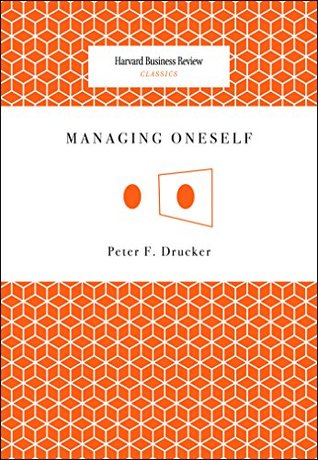More on this book
Community
Kindle Notes & Highlights
Read between
April 4 - April 4, 2020
One cannot build performance on weaknesses, let alone on something one cannot do at all.
Third, discover where your intellectual arrogance is causing disabling ignorance and overcome it.
Go to work on acquiring the skills and knowledge you need to fully realize your strengths.
Vitor Furtado da Silva liked this
Like so many brilliant people, he believes that ideas move mountains. But bulldozers move mountains; ideas show where the bulldozers should go to work.
Vitor Furtado da Silva liked this
It takes far more energy and work to improve from incompetence to mediocrity than it takes to improve from first-rate performance to excellence.
For knowledge workers, How do I perform? may be an even more important question than What are my strengths?
And although he is a fairly extreme case, learning through talking is by no means an unusual method.
Do I perform well under stress, or do I need a highly structured and predictable environment? Do I work best in a big organization or a small one?
work hard to improve the way you perform. And try not to take on work you cannot perform or will only perform poorly.
What are my strengths? How do I perform? and, What are my values? And then they can and should decide where they belong.
A plan can usually cover no more than 18 months and still be reasonably clear and specific. So the question in most cases should be, Where and how can I achieve results that will make a difference within the next year and a half ?
To be effective, therefore, you have to know the strengths, the performance modes, and the values of your coworkers.
Working relationships are as much based on the people as they are on the work.
Organizations are no longer built on force but on trust. The existence of trust between people does not necessarily mean that they like one another. It means that they understand one another.
Knowledge workers outlive organizations, and they are mobile. The need to manage oneself is therefore creating a revolution in human affairs.


